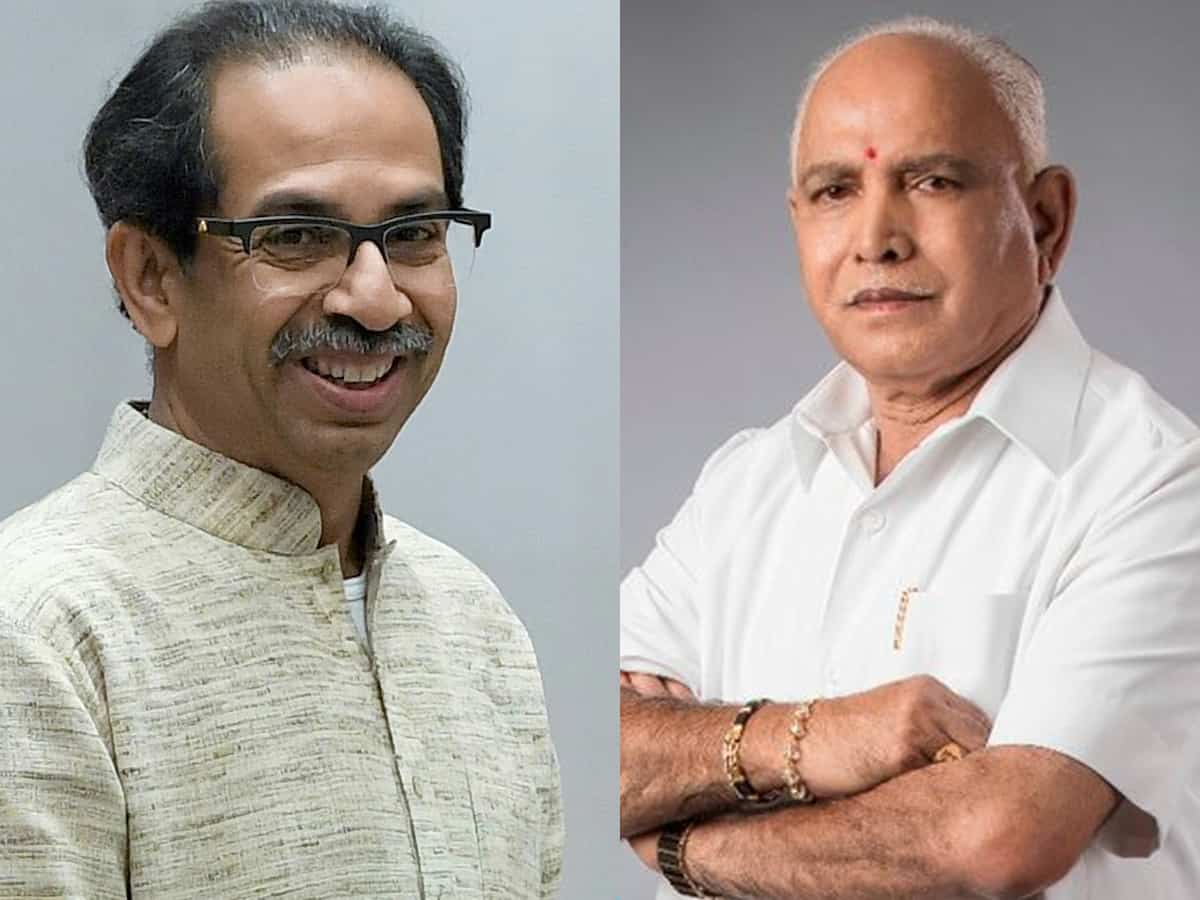Kannada activists have staged protests at several places in the State over what they see as imposition of Hindi in where Kannada is the official language for all purposes.
The immediate cause for the resentment was short shrift given to Kannada at the banners strung across the stage at the foundation-laying ceremony of the Emergency Response Centre of the Rapid Action Force in Bhadravathi by Union Home Minister Amit Shah on January 17. Shah was on a 2-day visit to the State launching several projects on January 17 and 18. While banner that formed the backdrop had inauguration details only in Hindi, the plaque at the entrance of the Centre had only Hindi and English. Twitterati who took notice of Kannada missing at the two places, raised a furore alleging imposition of Hindi in the State.
Former Chief Minister H. D. Kumaraswamy seized the opportunity and termed it ‘insult to Kannada’. His remarks raised a storm of protest on Twitter. Some of the prominent Kannada organization took protests to the streets. Regional daily Deccan Herald (seven centres of publication in the State, circulation around 4 lakh, besides its Kannada daily Prajavani with 7 lakh circulation) in its editorial dated January 18 observed: “Contrary to a false narrative sought to be built by some, India does not have a national language. The Constitution recognizes both Hindi and English as official languages of the Union government. Kannada is one of the languages of the 8th Schedule of the Constitution. Thus Hindi enjoys no superior status over other languages, and it is an established practice that the local language is given primacy at all official events in the State. This is at the core of the Indian federalism…… This being the case, such blatant disregard for Kannada, that too at a government function, only gives credence to the oft-repeated charge that the Centre is hell-bent on pushing its one-country, one-language repeated agenda at the cost of regional languages.”
Of late, Kannada groups like Kannada Chaluvaligaras have started taking notice of subtle penetration and increasing use of Hindi for official purposes in the State and have spared no opportunities to vent their anger against replacement of Kannada. Some of the twitterati have also posted pictures of Union Government related ceremonies in Tamil Nadu using only Tamil banners and plaques. It is useful to remind that Tamil Nadu has opted for only two-language formula.
The regional sentiments have also been fuelled by Maharashtra Chief Minister Uddhav Thackery calling for integration of Marathi-speaking areas in Karnataka (chiefly the city of Belgavi) with Maharashtra. Uddhav had recently called for taking back ‘Karnataka-occupied area’ and integrating it with the State he presides over.
There has been a long-standing row between the two states over Belgaum being part of Karnataka as Maharashtra has been laying claim over it due to the preponderance of Marathi-speaking people in the city (not the district). But Mahajan Commission set up by the Union Government had ruled in favour of Karnataka due to majority of the people within the district being Kannada-speaking. Karnataka has stuck to the position and had been slamming the voices raised from Maharashtra on this account.
Maharashtra Ekikaran Samithi (MES) used to mobilize votes from the Marathi-speaking people during elections. It even won five seats in one of the Assembly elections some three decades ago. But factionalism and a split within the body has led to its appeal going down among the electorate and it currently does not have any MLA in the Assembly.
However, Uddhav’s statement has put the Opposition Congress Party in a tight spot as the party is one of the three allies that prop up the ruling coalition of Maha Vikas Aghadi (MVA) in Maharashtra. For the record sake Opposition leader and former CM Siddramaiah warned Uddhav ‘against instigating people over the issue’.
M A Siraj is senior journalist based in Bengaluru. He writes for several publications in the country.

